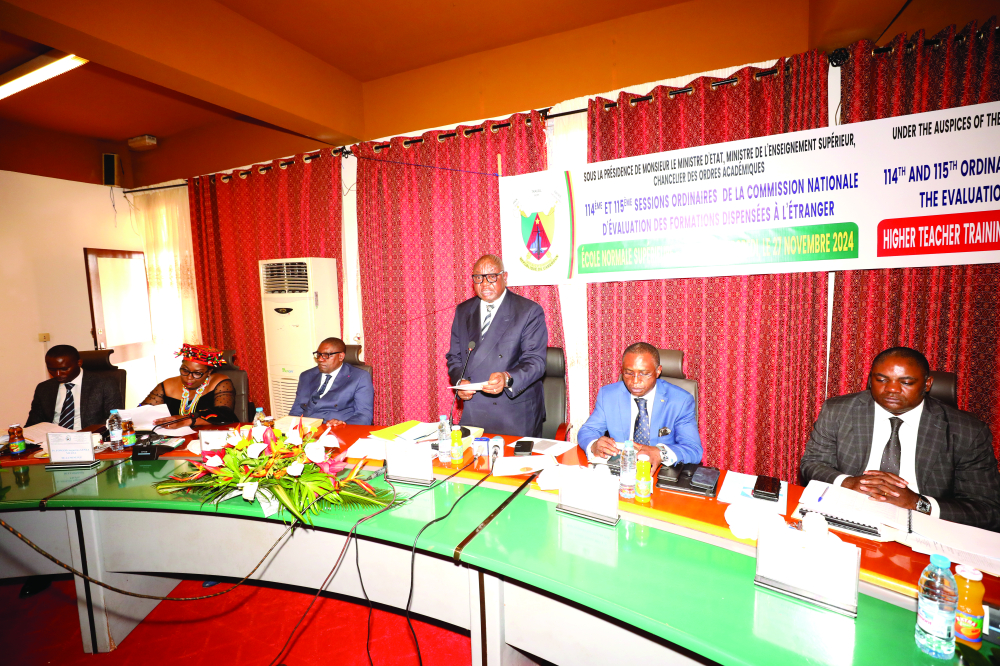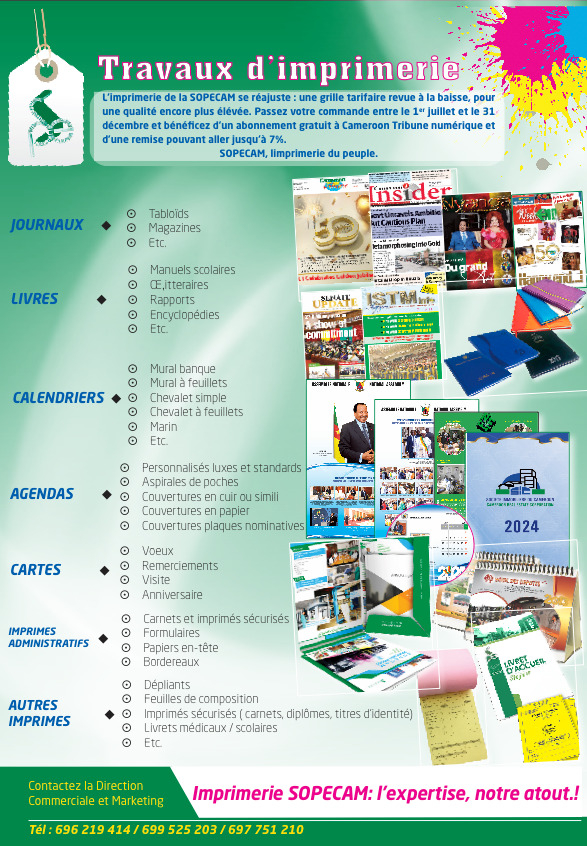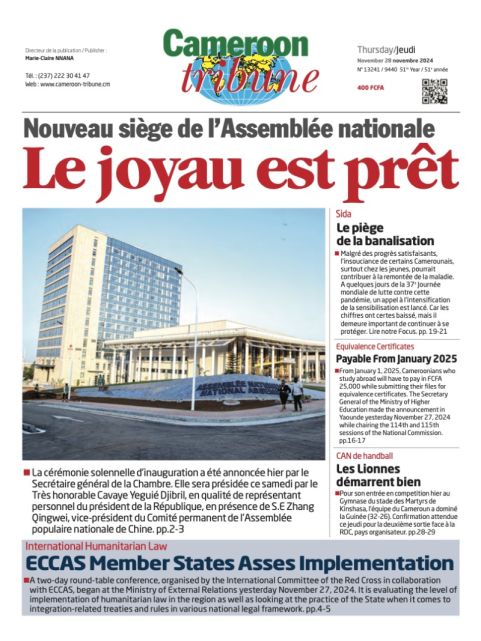
Douala is a fast?growing city facing enormous challenges in terms of the need to cope with increasing demand for transport. Today, public transport is dominated by operations of the informal sector with many clandestine or “clando” forms.
Apart from a few remaining companies, almost all publicly owned and managed public transport enterprises ceased to exist during the 1990s, often as a consequence of structural adjustment policies required to comply with aid programmes associated with international agencies. The public transport sector has suffered years of neglect and this has resulted in disorganised, confused and money?wasting transport systems.
Every day there is an increasing number of unregulated, low-capacity and poor quality service offers from clandestine transport operators. In the midst of this chaos from unauthorized operators, accidents abound with both financial and material damages that have their ugly effects on the economy. Doubtless is the fact that the use of “clandos” slow down economic development and reduces the quality of life for citizens as the large number of vehicles required to meet demand causes congestion and parking issues and, in the main, citizens suffer with high levels of local associated pollution and low levels of security and safety.
What is called “clando” include commercial vehicles and motorcycles such as shared taxis which do not have taxi colour, mini-buses transporting passengers within the city, tricycles and motorcycle taxis otherwise known as “benskins”. To Littoral’s Delegate of Transport Pamela Ayuketah, most of these do not have any insurance cover, taxis that do not have taxi colour, no matriculation as well as other required documents for operation. It is through the establishment of such documents money can enter into the State coffers. Since clandestine transporters evade even paying taxes the consequence on the economy is large.
Although there has been improvement in the transport sector in Douala challenges remain undaunted. The main worry is illegal transportation with poor maintenance, low safety rate, inefficiency, poor quality service and dangerous state of the vehicle or motorcycle. Underlying efforts to fill this mobility gap by the informal operators, incursion into the commercial motorcycle sector by the unemployed youth and other categories of the population who seek means of livelihood has contributed to traffic insecurity, chaos and unethical behaviour among the informal operators. All of these affect negatively the income of the State, enterprises and individuals.
Pamela Ayuketah,
Regional Delegate of Transport, Littoral
The city of Douala is said to be dominated by the informal sector operations with clandestine transportation, what is your take on this?
First, when we talk of “clandestine” it is something or an activity that is not authorised. Clandestine transportation is, therefore, all means of transportation that is illegal or unauthorised. The phenomenon is very frequent in Douala owing to the city’s dense population. Douala has been experiencing huge population increases, mainly due to galloping urbanisation and rural exodus. We have vehicles that don’t have required documents for operation. Most are not matriculated. Informal transport sector in the city is largely disorganised, unregulated, chaotic, inefficient, low quality and dangerous, both in terms of road traffic accidents and personal safety.
What possible effects does clandestine transportation have on the economy (state coffers) and authorised operators?
State property like the road is degraded. First of all, you have ...
Cet article complet est réservé aux abonnés
Déjà abonné ? Identifiez-vous >
Accédez en illimité à Cameroon Tribune Digital à partir de 26250 FCFA
Je M'abonne1 minute suffit pour vous abonner à Cameroon Tribune Digital !
- Votre numéro spécial cameroon-tribune en version numérique
- Des encarts
- Des appels d'offres exclusives
- D'avant-première (accès 24h avant la publication)
- Des éditions consultables sur tous supports (smartphone, tablettes, PC)
















Commentaires